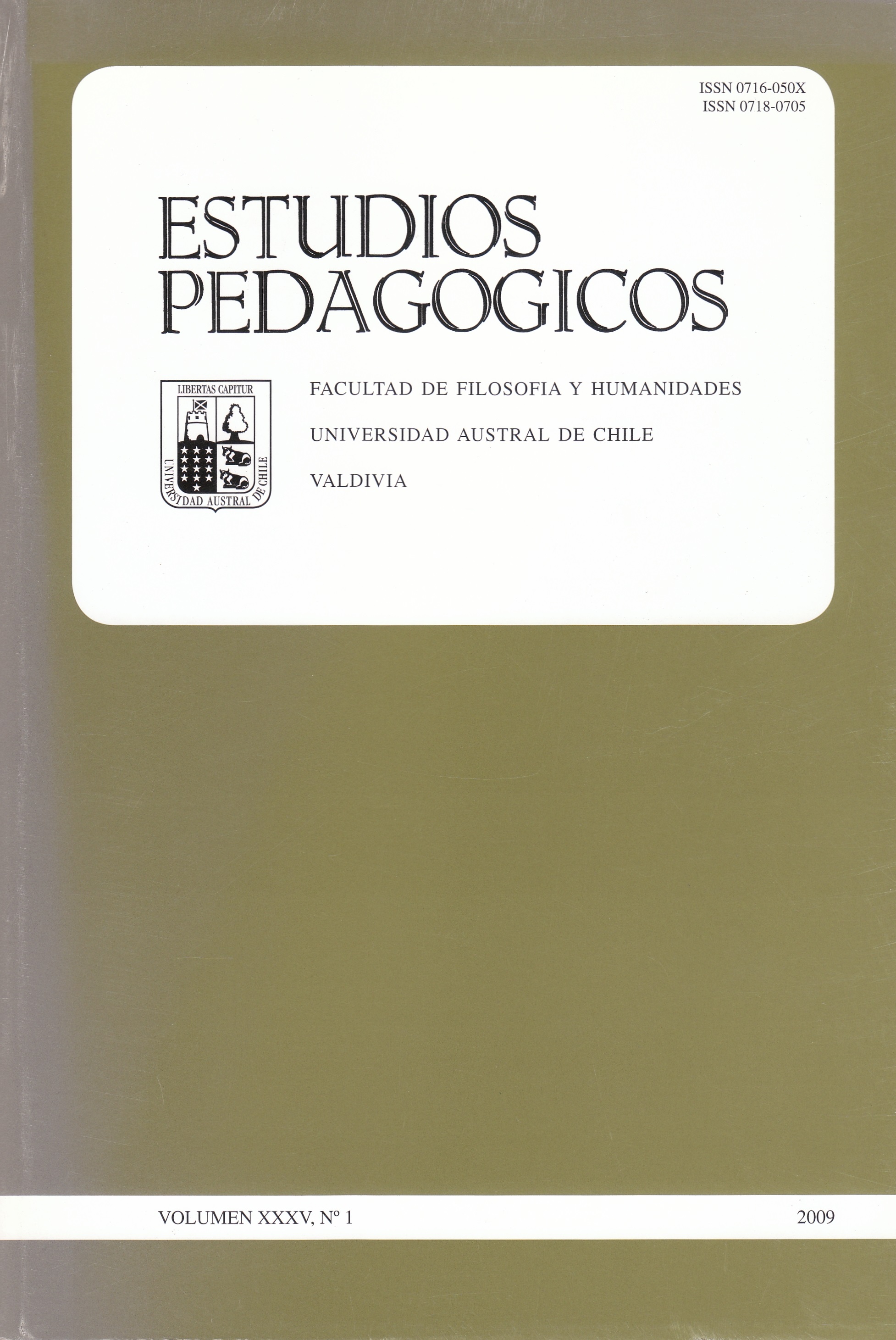Focusing competence as the objective of professional formation: a top-priority exercise or "what happened to a king with the swindlers who made the fabric"?
Main Article Content
Abstract
From the endings of the XX century, a change in the curricular and methodological guidelines for professional formation at the universities has been promoted in Europe and Latin America. This change is raised fundamentally in the paradigm of learner-centered teaching, which has been closely linked to the competencies-oriented professional formation approach, at least in the world regions already mentioned. In the present essay, semantic confusions and categorical mistakes in the languaging of teachers are proposed as the origin of the common difficulties observed in many European and Latin American universities to execute the consequences of the paradigm shift, since these confusions and mistakes are acting as disrupters for a real epistemological widening. To give support to this statement, some characteristic features from both, old and new paradigms, are primarily discussed. Then, the limitations of the new paradigm and the risks derived of embracing a confusing, non-consensuated terminology are critically analyzed. Some confusing factors and categorical mistakes are also distinguished and discussed, with special emphasis on the Spanish term competencias (competencies). Finally, a reflection on possible contributions to the current professional formation is proposed, starting from a point of view that goes beyond the old paradigm but is not affected by the current limitations of the new paradigm.

